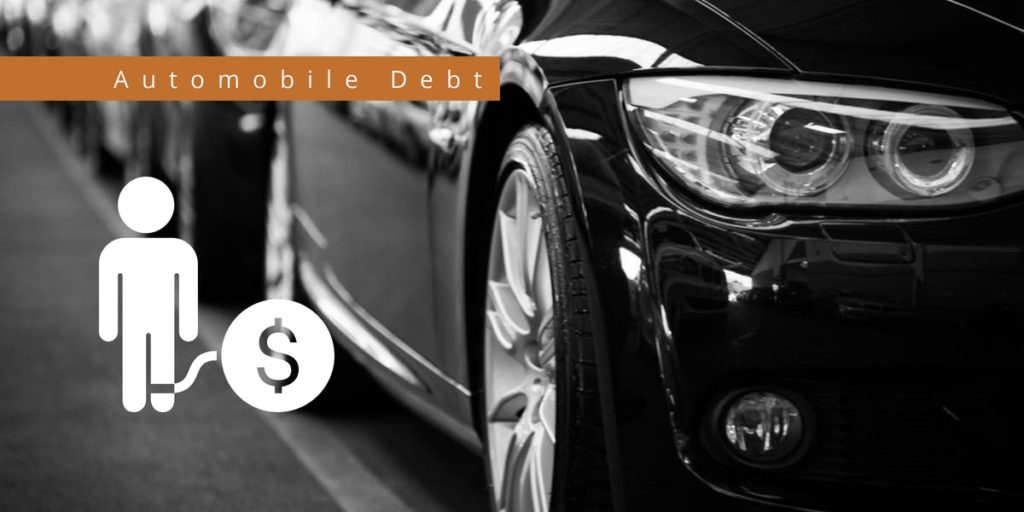
Recently my 20-year old Mazda reached the end of its useful life. It was a good little car. I could park it anywhere and no one would steal it. I didn’t care about door dents. Gas mileage and routine maintenance were reasonable. Unfortunately, the car required a series of major repairs and had become less and less reliable over the past few years. It got to a point where I no longer felt safe commuting to work or transporting my children.
While searching for a replacement I overheard a salesman convince a young man he did not need to make a down payment. This caught my attention and I listed curiously to what would unfold. The young man wanted to wait and save more money for a down payment. The salesman argued he could simply extend his loan terms to fit a smaller monthly payment and drive home in a new truck that day. The young man ended up trading in his old truck and rolling the debt into a new 84-month auto loan.
This experience got me thinking about the direction of automobile sales and finance markets. It was not too long ago that Banks tightened loan underwriting standards to stave off post-recession defaults and losses. Now it seems like deals are being made and money is flowing freely again.
Reports from the Bureau of Economic Analysis indicate automobile sales have increased by an average of 8.6% annually since the last recession. Banks and financial institutions have kept up with this demand by flooding the market with low cost loans and competitive terms.
In 2010 auto loan origination volume was approximately $70 billion. In 2016 loan origination volume had grown to over $140 billion. Growth is good right? Well, sometimes. Loan growth is good so long as consumers don’t over leverage and banks are being rewarded for taking the risk. In other words, there needs to be incentive for Banks to make loans and consumers need to be able to pay back those loans.
According to Experian, the average car price now exceeds $34,000. The average car loan amount is now $30,032. Yea, $30,032, let that sink in for a minute. The average loan term for a $30,032 car loan is 68 months. Holy shit people! Who buys a $34,000 car and finances $30,032? Are we really that irresponsible? Remember folks, automobiles are depreciating assets. That means they decrease in value over time. High car prices with high loan balances and extended loan terms is risky business. Have we learned nothing from the last recession? It is likely that government bailouts and welfare policy have lulled many into a false sense of security leading to poor decision making.
Consumers and financial institutions will both suffer in the long-run. The average consumer credit score decreases from ~770 for loan terms less than 48 months to 681 for loan terms up to 84 months. This means financial institutions are doubling down on risk by making longer term loans available to lower quality borrowers.
What does this mean for consumers? Lending institutions will take a big hit if unemployment levels begin to rise. If this happens consumers will feel the pain in their wallets. Banks will charge higher interest rates and tighten lending standards. It will become harder and more expensive to buy a car.
What can you do to prepare? Save up and buy a car with cash. If you believe you absolutely need a car loan, make a large down payment and buy a car you can comfortably pay off in three to five years.
Feel free to share your ideas or experiences below.
